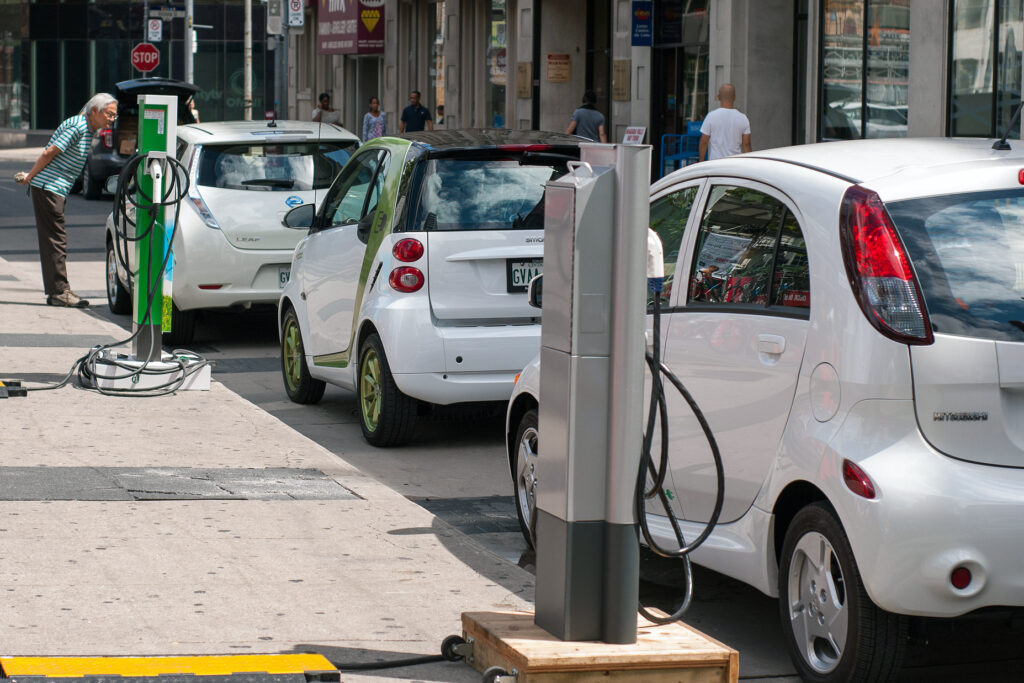Auto insurance fraud is a serious problem in Florida. Con men, unscrupulous doctors, swindlers, and ambulance-chasers have taken advantage of poor regulations under the state’s no-fault insurance laws to inflate personal injury protection (PIP) claims, stage accidents, and defraud insurers, resulting in increased costs for insurers and higher premiums for policyholders.
According to the National Insurance Crime Bureau, Florida now leads the nation in insurance claims for apparently staged accidents, with questionable claims rising by 77 percent from the first half of 2009 to the first half of 2010. In Florida and several other no-fault states, criminal groups have set up rings of corrupt clinics and crooked physicians, chiropractors, and lawyers (“medical mills”) filing fraudulent claims paid under PIP law. Florida’s “fraud tax” totaled $658 million in 2011, or $58 per vehicle, up 7 percent over the $617 million paid by the state’s drivers in 2010, according to the Insurance Information Institute.
No-fault laws are intended to lower the cost of auto insurance by keeping claims out of the courts, and in many cases they achieve this goal. In most states, including Florida, no-fault laws require insurers to cover the injury costs of their own policyholders (first-party coverage) regardless of who is at fault. Under Florida’s law, insurers pay up to $10,000 in medical claims for a person injured in an accident, regardless of fault. This makes successfully staging an accident attractive to scammers, and it has led to a significant increase in average no-fault claim costs, as noted above.
Several proposals are now being considered in the Florida Legislature to reform PIP coverage by adding new mechanisms such as fee schedules or new requirements regarding how and when hospitals diagnose injuries after an accident. Groups such as the Insurance Information Institute also propose creating a well-funded team of statewide prosecutors to pursue these crimes, with sound regulations and strong penalties to enforce. They also recommend strengthening clinic licensing laws, to reduce opportunities for fraudulent claims from medical mills.
The following articles examine no-fault insurance, personal injury protection insurance fraud, and the problems plaguing Florida’s insurance market.
Workable Solutions for Florida’s Challenging Insurance Problems
http://heartland.org/policy-documents/workable-solutions-floridas-challenging-insurance-problems
James Madison Institute (JMI) adjunct scholars Eli Lehrer and Ray Lehmann of The Heartland Institute examine Florida’s property and casualty insurance environment and its unique challenges. They make a case for reform and outline several recommendations for changes that could be reasonably implemented in the 2012 legislative session.
Fix the Faults in Florida’s No-fault Auto Insurance
http://www2.tbo.com/news/opinion/2012/jan/14/naopino2-fix-the-faults-in-floridas-no-fault-auto–ar-347162/
Eli Lehrer writes in the Tampa Tribune about Florida’s no-fault and PIP system. He argues the state legislature should fix the system through several reforms, including reining in attorneys’ fees, revisiting the medical fee schedule, and restoring many of the tools needed to crack down on fraud. Lehrer argues the system as a whole is worth preserving despite its shortcomings.
Florida Moves Forward on PIP Reform
http://insurancenewsnet.com/article.aspx?id=325674
Jeff Jeffrey writes for Insurance News about two proposals for PIP reform currently under consideration in the Florida Legislature and examines the current state of PIP coverage in Florida and the insurance industry’s position on the issue.
PIP Reforms Clear First Committee Hurdle
http://www.orlandosentinel.com/news/politics/os-pip-reforms-advanced-20120111,0,3863270.story
Aaron Deslatte writes in the Orlando Sentinel about the various proposals being considered in the Florida Legislature to reform personal injury protection coverage and no-fault insurance.
Insurance Information Institute Issue Update: No-Fault Auto Insurance
http://www.iii.org/media/hottopics/insurance/nofault/
This Issue Update from the Insurance Information Institute examines no-fault insurance and how it has been implemented in several states. The update also examines the growing problems created by PIP fraud.
The Era of the Paper IMEs: Has Florida’s No-Fault Law Become Unconstitutional?
http://heartland.org/policy-documents/era-paper-imes-has-floridas-no-fault-law-become-unconstitutional
Woody R. Clermont, assistant general counsel and judicial staff attorney with the Office of the General Counsel for the Eleventh Judicial Circuit of Florida, considers whether the Sunshine State’s current no-fault laws are necessary or even constitutional.
Florida’s Motor Vehicle No-Fault Law
http://heartland.org/policy-documents/florida%E2%80%99s-motor-vehicle-no-fault-law
The Florida Senate’s Committee on Banking and Insurance explains the state’s no-fault law, its history, and its effectiveness. The report finds that although the no-fault law increased the timeliness of claims while avoiding the courts, reforms are needed to address cost problems and PIP fraud.
Florida No-Fault Insurance Reform: A Step in the Right Direction
http://heartland.org/policy-documents/florida-no-fault-insurance-reform-step-right-direction
Mark K. Delegal and Allison P. Pittman examine Florida’s original no-fault insurance statutes and the logic behind them, as well as the current requirements.
Insurance Fraud Uncovered: Fraud Facts
http://www.i-issues.com/fraud-uncovered/page/fraud-facts
This fact sheet from the Property Casualty Insurers Association of America identifies several of Florida’s automobile personal injury fraud problems.
Florida Is No. 1 in Staged Car Wrecks
http://www.orlandosentinel.com/news/local/fl-florida-faked-accidents-20110208,0,2999767.story
The Orlando Sentinel reports on Florida’s growing problem with staged accidents and outlines legislative efforts to combat insurance fraud.
Reforms Always Stir Up a Storm
http://www.miamiherald.com/2011/01/15/2018390/reforms-always-stir-up-a-storm.html
The Miami Herald reports on the debate over PIP reform and states the positions of several groups lobbying the Florida legislature.



